Türkiye
participants
The Yedikule Animal Shelter Visit, aligned with ESN's commitment to social impact, aimed to raise awareness about animal welfare issues and encourage active participation in supporting the well-being of animals. The primary goal was to foster empathy, instigate conversations about responsible pet ownership, and promote a culture of compassion within our ESN community.
In a profound demonstration of social impact, we organized a visit to the Yedikule Animal Shelter, the largest of its kind in Turkey. Participants embarked on a journey to explore the shelter's grounds, gaining insight into the challenges faced by abandoned and stray animals. The visit was not only an opportunity to witness the incredible work being done at the shelter but also a chance to actively contribute to the well-being of these animals.
Upon arrival, our members and students engaged in activities such as spending time with the animals, assisting in feeding routines, and participating in educational sessions about responsible pet ownership. The experience went beyond a simple visit; it was a call to action, urging participants to become advocates for the voiceless creatures in our society.
The social impact of this activity extended beyond the immediate shelter visit. It sparked conversations about the ethical treatment of animals, the importance of adoption, and the role each individual can play in creating a more compassionate world. Our members and students left the shelter not only with a deeper understanding of the challenges faced by these animals but also with a sense of responsibility to effect positive change.
This initiative aligned with ESN's broader mission to leverage its platform for meaningful social impact, empowering members to actively contribute to the betterment of society. The Yedikule Animal Shelter Visit exemplified our commitment to fostering a community that cares deeply about social issues, leaving a lasting impact on both the participants and the lives of the animals they encountered.
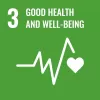
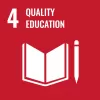
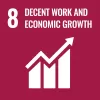
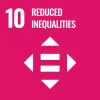
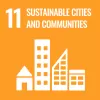
This activity is part of the project:
Erasmus Generation in Action (EGiA)